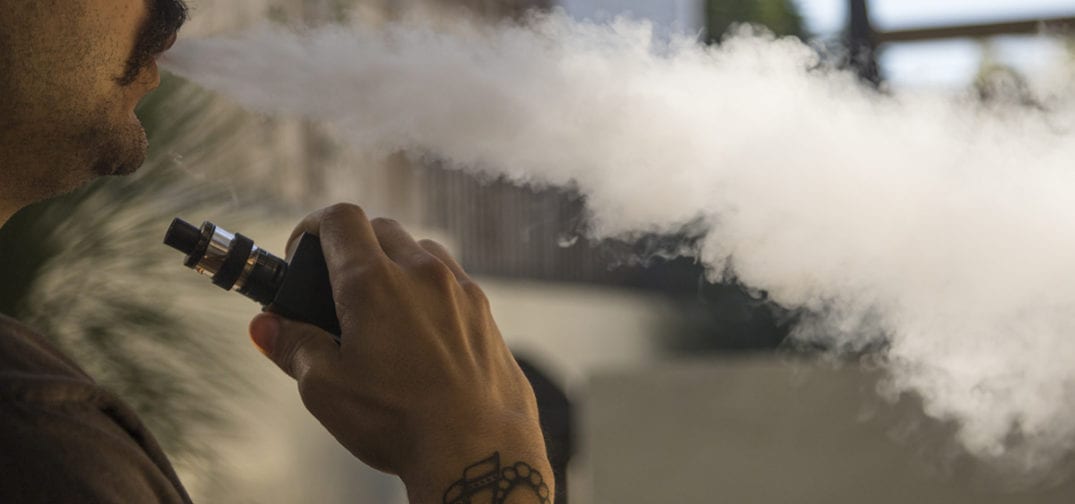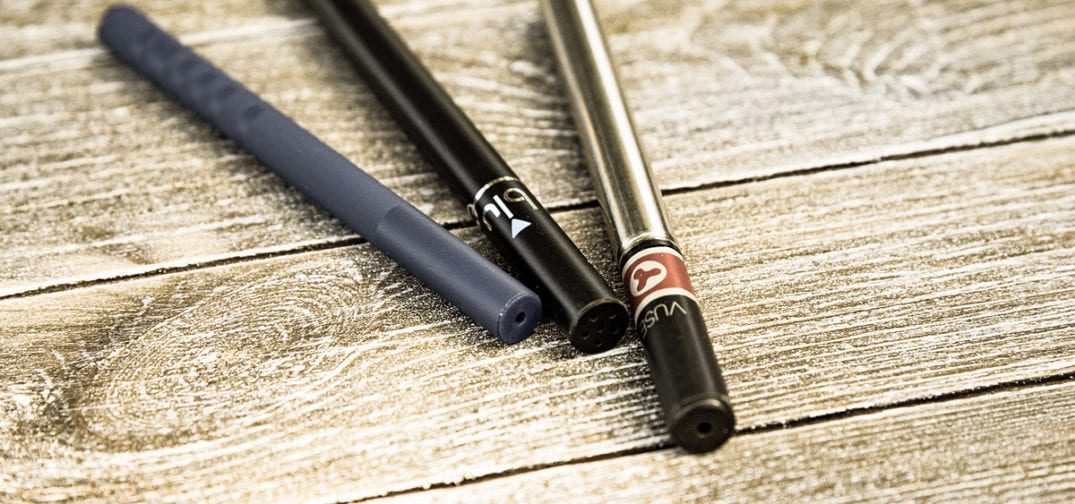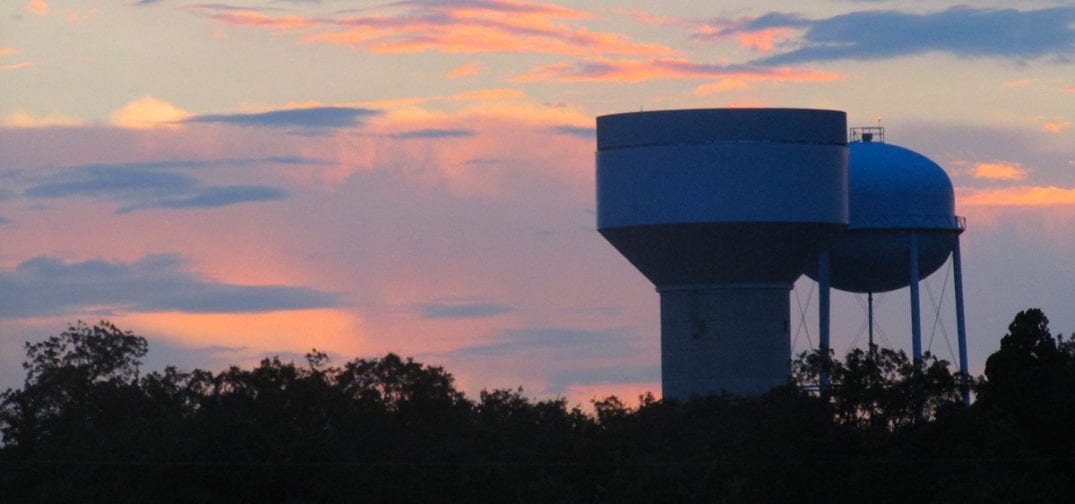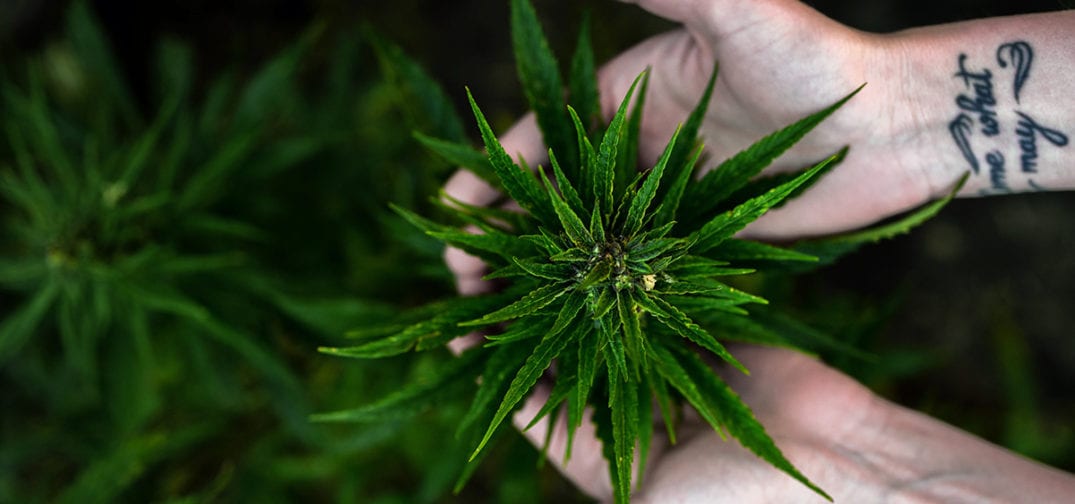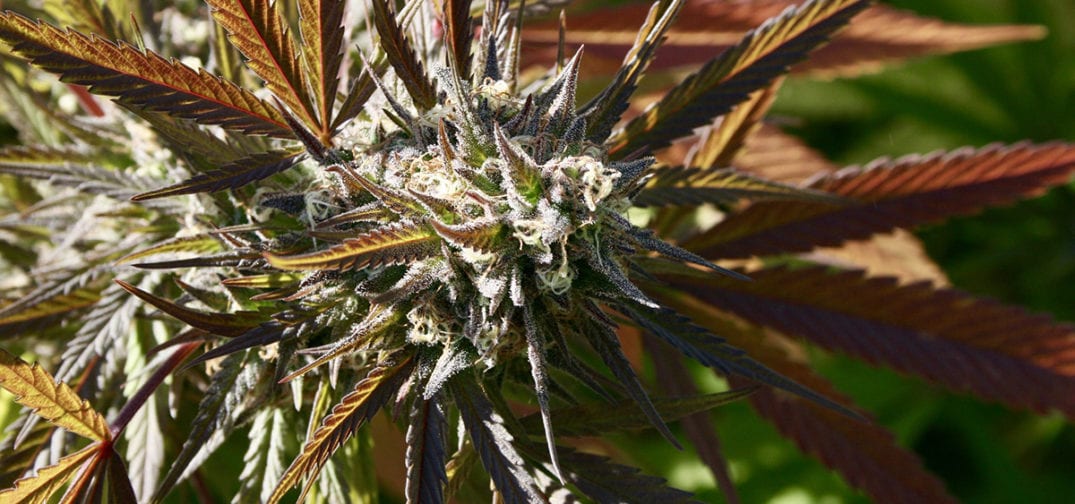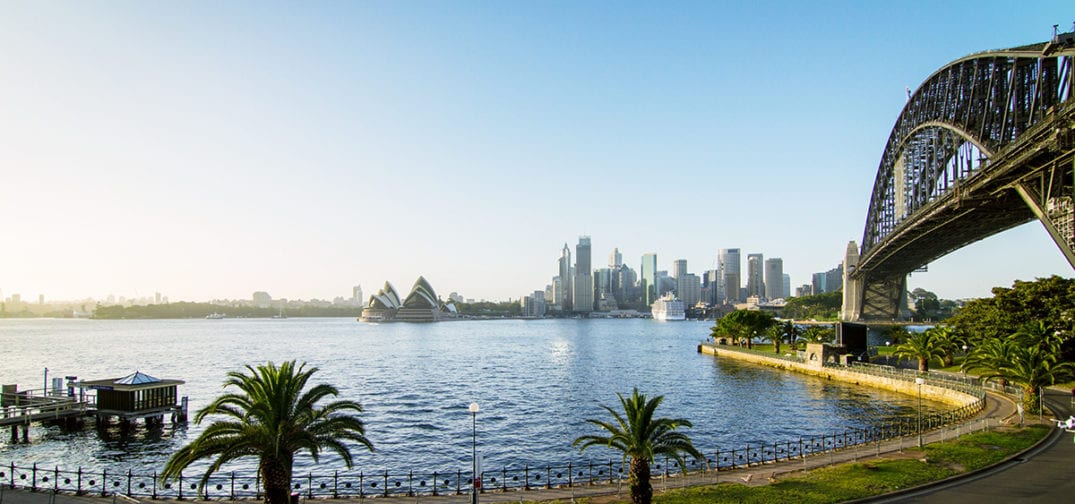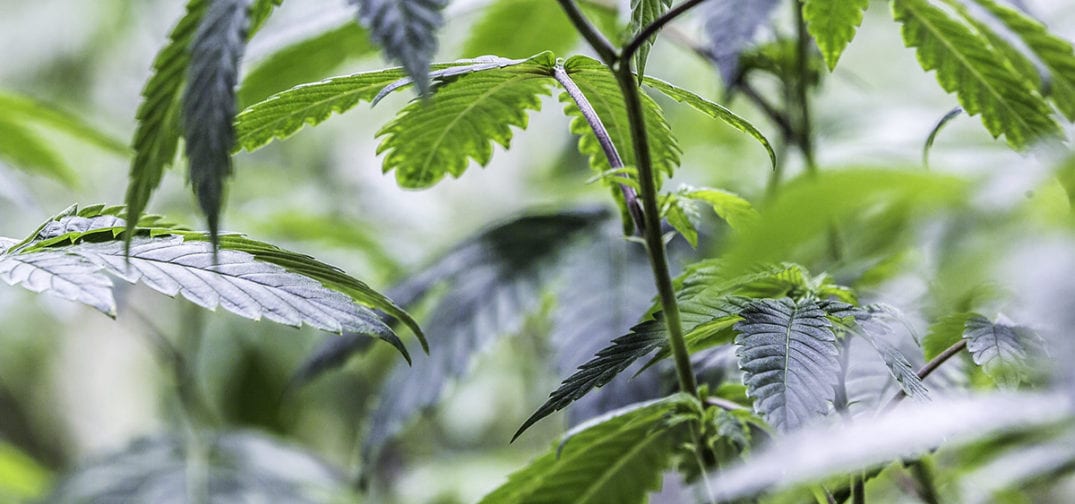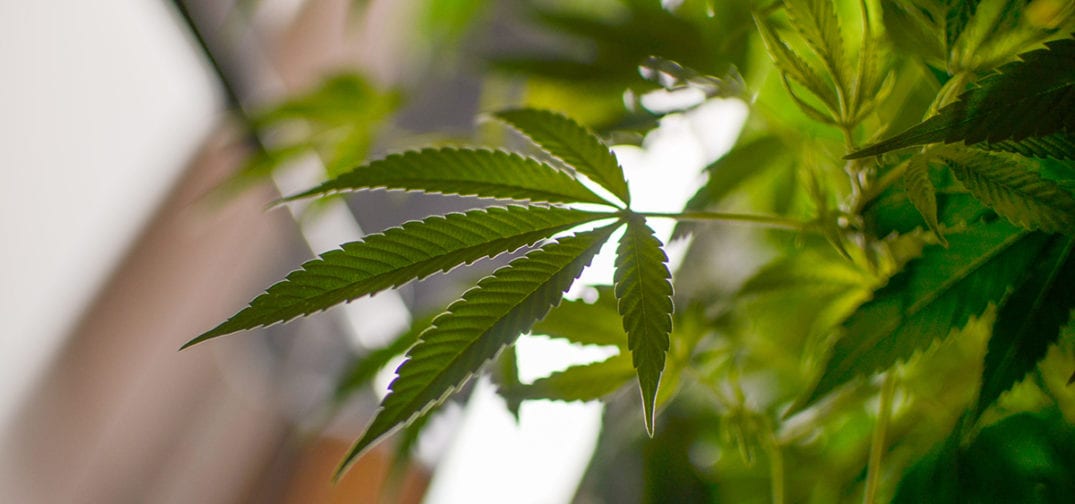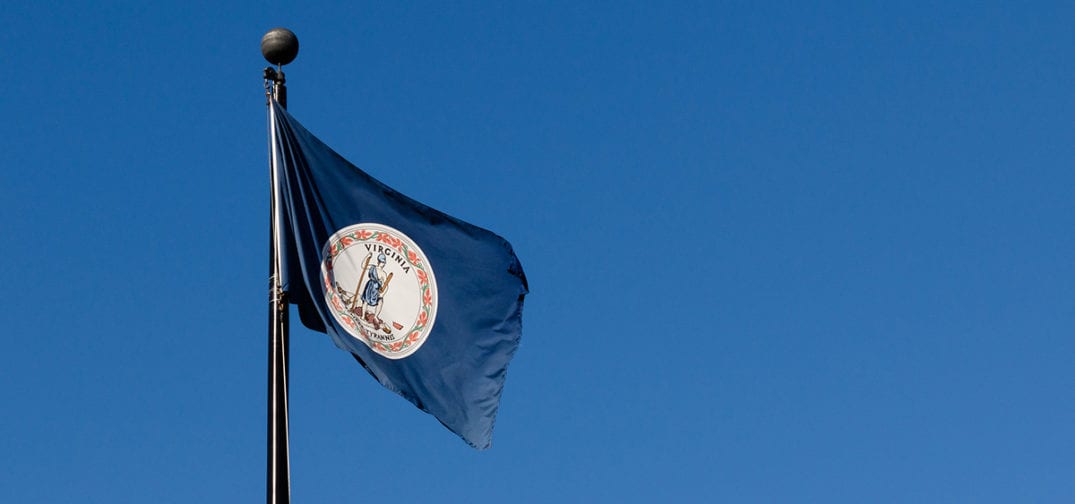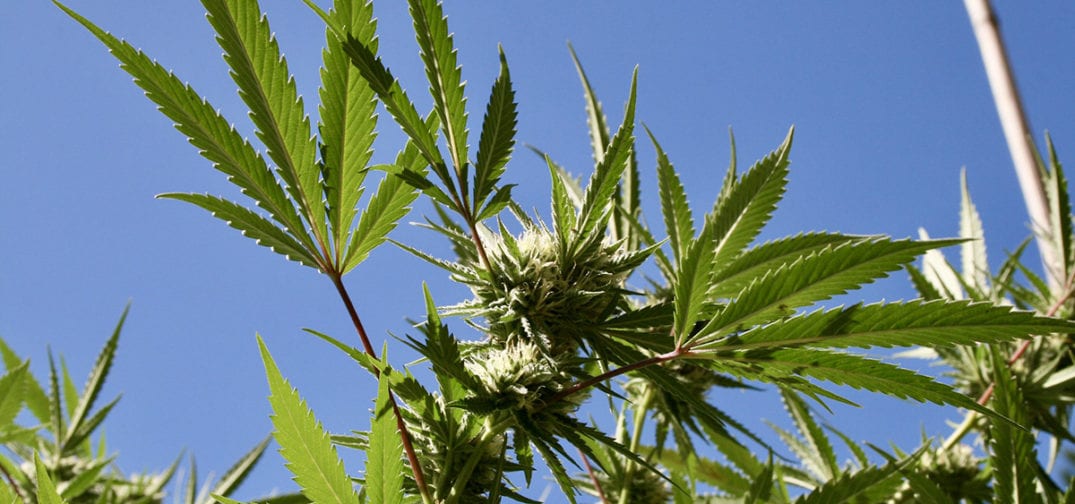Ebbu, a Colorado-based cannabinoid technology company, is alleged to have misled investors and violated Colorado cannabis investment rules, according to a WeedWeek report based on leaked emails and internal company documents.
Under Colorado‘s adult-use cannabis rules, investors in licensed cannabis companies are supposed to undergo background checks by the state, including fingerprinting and financial disclosures. It appears that Ebbu, however, may have for years promoted an illegal “gifting” investment strategy for investors who wish to remain truly anonymous.
In one specific case from 2013, WeedWeek uncovered evidence of a $140,000 investment given to Ebbu co-founder Michael “Dooma” Wendschuh by an individual only characterized as “E.” One week later, Dooma invested $140,000 into the company without mentioning “E.” According to leaked emails from two months later, the company’s lawyer Christian Sederberg — who co-founded cannabis law firm Vicente Sederberg — was unwilling to participate in similarly structured investment deals.
Ebbu, founded in 2013, was first known for its plan to release a “Feelings” line of cannabis products, which would have each elicited specific sensations/effects such as Energy, Chill, Bliss, etc. The idea has been shared by other cannabis companies, but no company to date has been able to successfully follow through on such effect-specific products. Ebbu has since pivoted to cannabinoid research and was acquired last year by Canadian powerhouse Canopy Growth for approximately $250 million, where Ebbu is focusing on hemp genetics.
WeedWeek said Ebbu executives did not respond to statement requests for their story; Ebbu likewise did not immediately respond to Ganjapreneur’s request for a comment regarding the investment allegations.
End





